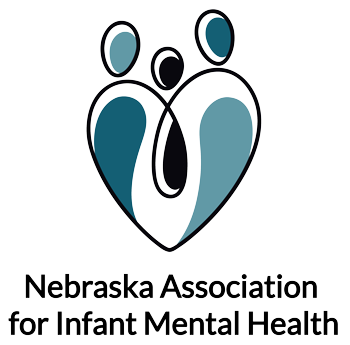Reflective Supervision/Consultation (RSC)
The Alliance is committed to the understanding and use of RSC, which is distinct due to the shared exploration of the parallel process. That is, attention to all of the relationships is important, including the ones between practitioner and supervisor, between practitioner and parent, and between parent and infant/toddler. It is critical to understand how each of these relationships affects the others. Of additional importance, reflective supervision/consultation relates to professional and personal development within one’s discipline by attending to the emotional content of the work and how reactions to the content affect the work. Finally, there is often greater emphasis on the supervisor/consultant’s ability to listen and wait, allowing the supervisee to discover solutions, concepts, and perceptions on their own without interruption from the supervisor/consultant. The primary objectives of RSC include the following:
• Form a trusting relationship between supervisor and practitioner
• Establish consistent and predictable meetings and times
• Ask questions that encourage details about the infant, parent, and emerging relationship
• Remain emotionally present
• Teach/guide
• Nurture/support
• Apply the integration of emotion and reason
• Foster the reflective process to be internalized by the supervisee
• Explore the parallel process and to allow time for personal reflection
• Attend to how reactions to the content affect the process
Three categories of Endorsement and the Add-On endorsement require RSC to apply for Endorsement and for renewal. Those categories are Family Specialist (I/ECFS), Mental Health Specialist (I/ECMHS), Mentor-Clinical (I/ECMHM-C) and Endorsed Reflective Supervisor (ERS). Qualifying RSC must come from an Endorsed professional with the Endorsed Reflective Supervisor add-on or Endorsed as Infant/Early Childhood Mental Health Mentor-Clinical. All other categories of Endorsement Family Associate (I/ECFA), Mentor-Policy (I/ECMHM-P), and MentorResearch/Faculty (I/ECMHM-RF) do not have an RSC requirement for Endorsement. While not required, it is still considered best practice to receive RSC from an Endorsed Provider.
Resources:
- Best Practice Guidelines for Reflective Supervision/Consultation
- Guidelines for Beginning and Maintaining a Reflective Supervision/Consultation Relationship via Distance Technology

